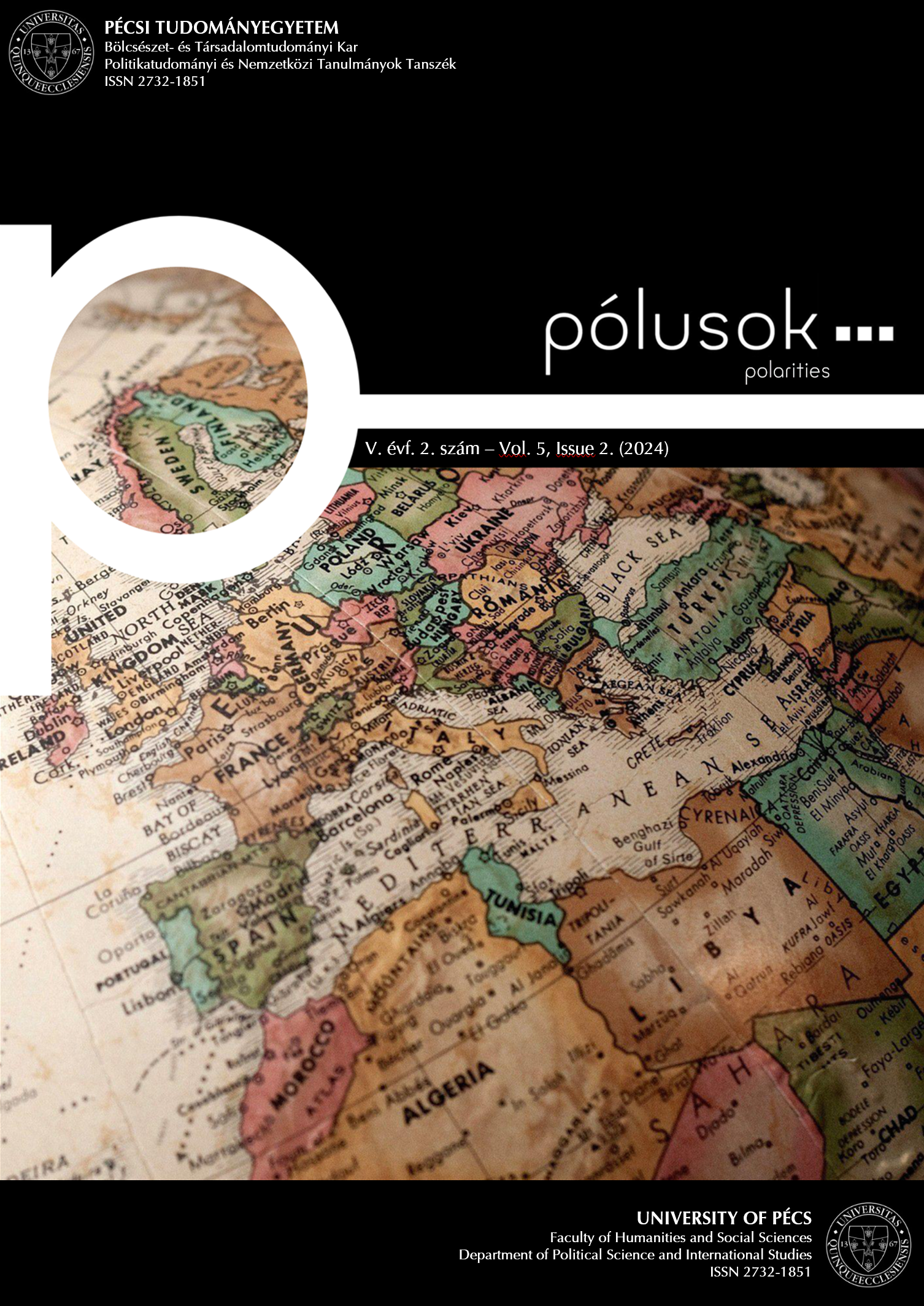Changing Central Asia: The Imperative of Pragmatism
DOI:
https://doi.org/10.15170/PSK.2024.05.02.01Keywords:
Central Asia, pragmatism, Kazakhstan, Kyrgyzstan, Tajikistan, Turkmenistan, UzbekistanAbstract
After the independence of Central Asian countries, the great powers did not pay particular attention to the region, Kazakhstan, Kyrgyzstan, Tajikistan, Turkmenistan and Uzbekistan began to build their states and nations without external influences. One of the most important features of Central Asia today is the change; the countries of the region are going through a major transformation as, amid the changes in world politics and economy, Central Asian countries have a strong desire for development, modernization and connectivity. All major and middle powers are active in Central Asia, including China, Russia, the United States, Europe, but also Turkey and India. In terms of geopolitical and strategic influence, China, Russia and the United States are undoubtedly the most important. Also inspired by the complicated nature of relations between great powers, multi-vector diplomacy in the field of foreign policy is a common feature of Central Asian countries. Despite tensions between China, the United States, Russia, and Europe, Central Asian countries have formed strategic partnerships or strategic cooperation with each of them. Pragmatism is an important feature of the diplomacy of the Central Asian states, which is based on the principle of being able to realize real benefits for their country.
Downloads
Published
How to Cite
Issue
Section
License

This work is licensed under a Creative Commons Attribution-NonCommercial-ShareAlike 4.0 International License.











